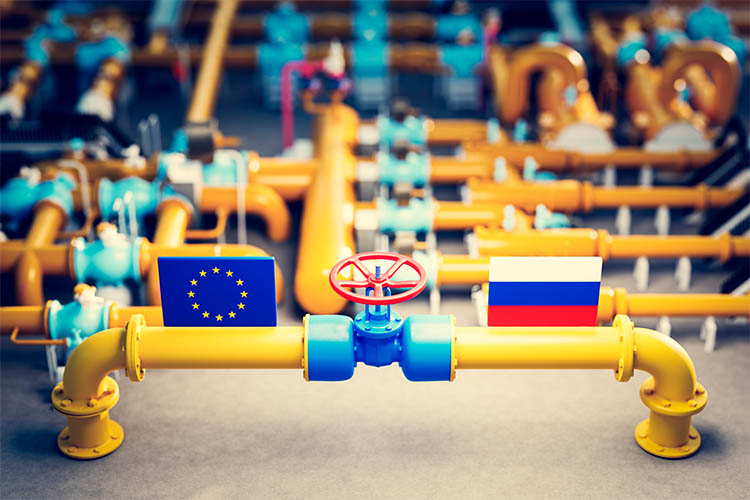Hungary's Foreign Minister Peter Szijjarto has indicated that Hungary could obstruct Ukraine's European Union accession process following tension after Kyiv stopped Russian gas transit through its territory.
Ukraine halted Russian gas transit on 1 January 2025, citing national security interests amid the ongoing aggression from Russia. The White House described this decision as one of Moscow's "most expensive defeats” that would deprive Russia of approximately $6.5 billion in annual revenue from European gas sales.
The cessation of Russian gas supplies raised alarms in Slovakia and Hungary, both of which heavily rely on Russian gas imports and whose governments are criticized as pro-Russian, contrasting with the positions of other EU member states.
Szijjarto claimed that Ukraine's Ministry of Foreign Affairs "reacted rather aggressively to the news yesterday about rising natural gas prices as a result of the shutdown of Ukrainian gas transit.”
“In the EU member states decide unanimously about the recruitment of new members. In other words, it is necessary for each member state to vote yes,” Szijjarto wrote on Facebook, hinting that Hungary could block the Ukraine’s accession to the EU.
He also pointed to a newly registered parliamentary bill on blocking Russian oil and gas routes during wartime.
Ukraine's foreign ministry (MFA) stated that Russia has been using energy resources as a political tool for a long time, noting that Moscow's full-scale invasion has made it an "existential threat to stability and peace on the European continent."
MFA also criticized Hungary's continued reliance on Russian energy, while 25 EU member states out of 27 have already successfully diversified their energy supplies through US and Middle Eastern sources.
“Each sovereign country can decide from where and on which route it takes the energy carriers necessary for its operation. Nobody has the right to force more expensive, unsafe energy procurement on other countries,” Szijjarto replied to this.
The Hungarian diplomat emphasized that as an EU candidate, Ukraine must contribute to the bloc's energy security by maintaining transport routes, stating that “the closure of natural gas and petroleum transport routes is unacceptable and contrary to EU integration expectations.”
The dispute occurs against the backdrop of Hungary's ongoing energy relationship with Russia. In 2022, following Russia's invasion of Ukraine, Budapest signed a new contract for additional Russian gas volumes, which diverged from the EU's unified stance on supporting Ukraine since the start of the full-scale war.
Earlier, Slovak Prime Minister Robert Fico also threatened Ukraine with potential cuts to electricity exports and reduced support for Ukrainian refugees due to the Russian gas transit ban.
Ukrainian Prime Minister Denys Shmyhal defended the decision, stating that sanctioning Russian gas and preventing Russia from using energy revenues to fund its military operations represents “Ukraine’s strategic goal.”
Related:
- Ukraine’s gas transit ban marks “expensive defeat” for Moscow, Kirby says
- The end of an era: Russia loses its gas grip on Europe
- Russian gas cutoff triggers rolling blackouts in Moldova’s pro-Russian Transnistria
- “Historic event”: Ukraine halts Russian gas flow to Europe
- Politico: Russian gas cutoff leaves Slovakia stable despite Fico’s fearmongering
- The secret Soviet council which established the Kremlin’s gas monopoly on Europe

